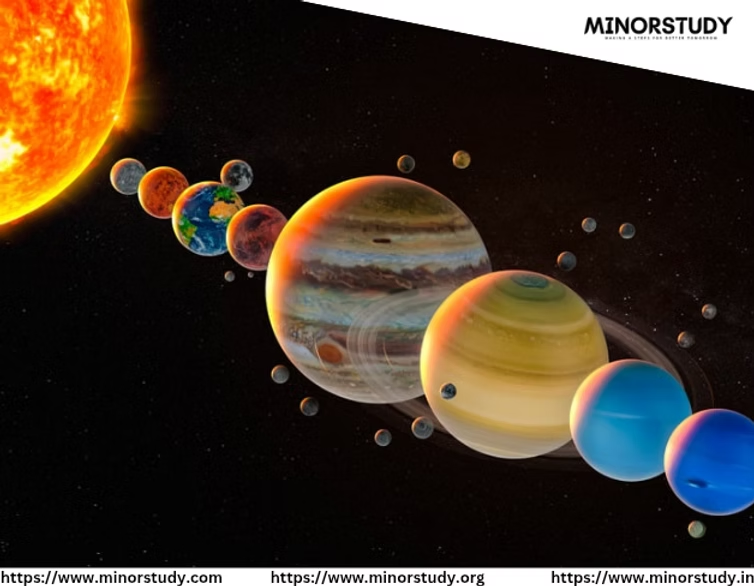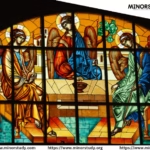🌀 Introduction: Why Celebrate Earth Rotations Day?
Earth Rotations Day is not just a celebration of our planet’s spin — it’s a deep scientific observance that draws attention to how Earth’s rotation impacts our daily life, climate, timekeeping, and even our sense of existence. Celebrated every January 8th, this day marks a pivotal moment in human understanding of planetary motion. It encourages us to look beyond the ordinary and reflect on the invisible yet powerful rotation beneath our feet.
- 🌀 Introduction: Why Celebrate Earth Rotations Day?
- 🧭 What Is Earth Rotations Day All About?
- 🧾 History of Earth Rotations Day
- 📅 Earth Rotations Day Timeline
- 🌐 Importance in Our Lives
- 📚 Fascinating Facts About Earth’s Rotation
- ❓ Frequently Asked Questions (FAQs)
- 🎯 Significance of Earth Rotations Day
- 🎉 Observance & Activities
- 💡 Important Points to Remember
- 🙏 Wishing on Earth Rotations Day
- 🧠 Conclusion: The Invisible Power That Keeps Us Turning
🧭 What Is Earth Rotations Day All About?
Earth Rotations Day commemorates the Foucault Pendulum experiment conducted by French physicist Léon Foucault in 1851, which provided visual proof that the Earth rotates on its axis. This breakthrough helped shift our understanding from belief to observable scientific fact.
Earth Rotations Day serves as a reminder of:
Our interconnectedness with celestial mechanics.
The importance of scientific curiosity.
How the invisible rhythm of Earth’s spin influences nearly every aspect of our existence.
🧾 History of Earth Rotations Day
1851 was a monumental year. On January 8th, Léon Foucault suspended a 28 kg brass pendulum inside the Panthéon in Paris. As it swung back and forth, the plane of the swing slowly rotated — visual evidence that Earth itself was rotating beneath it.
This experiment:
Defied centuries of religious and philosophical debates.
Validated Copernican heliocentrism using direct observation.
Marked the birth of accessible physics for the public.
Thus, Earth Rotations Day honors both the scientific method and human ingenuity.
📅 Earth Rotations Day Timeline
| Year | Event |
|---|---|
| 1543 | Copernicus publishes De revolutionibus orbium coelestium proposing Earth’s rotation. |
| 1609 | Galileo’s telescopic observations support heliocentrism. |
| 1851 | Foucault’s pendulum proves Earth’s rotation visually. |
| 2003 | UNESCO acknowledges Foucault’s contribution in global science education. |
| Today | Earth Rotations Day is marked by science events, observatory sessions, and public awareness campaigns. |
🌐 Importance in Our Lives
Earth’s rotation might be imperceptible in our busy routines, but it influences everything:
1. Timekeeping
Day and night cycles occur because of Earth’s rotation.
Time zones are based on Earth’s rotation and longitudinal divisions.
2. Weather Patterns
Coriolis Effect — caused by Earth’s rotation — affects wind direction and storm systems.
3. Navigation & GPS
Satellite systems depend on synchronized timing, which requires precise models of Earth’s rotation.
4. Astronomy & Spaceflight
Launch windows, orbits, and even space stations are aligned using Earth’s rotational dynamics.
📚 Fascinating Facts About Earth’s Rotation
Earth rotates at 1,670 km/h (1,038 mph) at the equator.
A full rotation takes 23 hours, 56 minutes, and 4 seconds — not exactly 24 hours!
Earth’s spin is slowing down over time due to tidal friction from the Moon.
Days are getting longer by 1.7 milliseconds every century.
In 2020, Earth actually spun faster than usual — the shortest day ever recorded!
Without rotation, we’d have no magnetic field — which protects us from solar radiation.
Leap seconds are added occasionally to keep atomic clocks aligned with Earth’s slowing spin.
❓ Frequently Asked Questions (FAQs)
Q1. Why do we need a day to celebrate Earth’s rotation?
A: It raises awareness about natural rhythms that govern life, science, and time. It reminds us of the hidden forces shaping our planet.
Q2. Is Earth’s rotation responsible for seasons?
A: No, seasons are caused by Earth’s axial tilt, not rotation. Rotation causes day and night.
Q3. How is Earth’s rotation measured?
A: Techniques include VLBI (Very Long Baseline Interferometry) and laser ranging, among others.
Q4. Can we feel the Earth spinning?
A: No — because the Earth’s rotation is smooth and we move with it uniformly. There’s no sudden acceleration to sense.
Q5. How fast is the Earth spinning right now?
A: About 1,670 km/h at the equator. The speed decreases toward the poles.
🎯 Significance of Earth Rotations Day
Earth Rotations Day isn’t about grand parties — it’s about perspective.
✅ Scientific Significance
Recognizes the contribution of Léon Foucault to physics and astronomy.
Encourages STEM learning and curiosity among students.
✅ Societal Relevance
Promotes global unity — we all share the same planet, rotating under the same sky.
Reinforces trust in evidence-based science in a world grappling with misinformation.
✅ Environmental Awareness
Earth’s spin affects climate cycles, ocean currents, and ecology.
Understanding it helps combat climate denialism and encourages planetary stewardship.
🎉 Observance & Activities
How do people observe Earth Rotations Day?
Schools and Colleges: Science demonstrations, pendulum experiments.
Planetariums & Observatories: Host public sessions on Earth’s dynamics.
Science Museums: Exhibits on timekeeping, Earth models, and interactive simulations.
Online Campaigns: Hashtags like #EarthRotationsDay and #FoucaultPendulum trend globally.
💡 Important Points to Remember
Earth’s rotation is crucial to life, time, and navigation.
It was proven scientifically in 1851 by Foucault’s pendulum.
The planet’s rotation is not constant — it is changing very slowly.
Our daily rhythm — sleep, work, meals — is regulated by the spin of the Earth.
The invisible becomes visible through scientific observation.
🙏 Wishing on Earth Rotations Day
“As the Earth spins silently beneath our feet, may we always remember the unseen forces that shape our lives. Happy Earth Rotations Day!”
Share this sentiment to inspire curiosity and awe:
🌍 “Wishing you awareness as deep as gravity and vision as wide as the horizon. Happy Earth Rotations Day!”
🧭 “May the unseen spin remind us to keep evolving. Celebrate science, celebrate the Earth!”
🧠 Conclusion: The Invisible Power That Keeps Us Turning
Earth Rotations Day may seem obscure, but it holds powerful lessons. It bridges astronomy and daily life, physics and philosophy, science and society. The Earth’s spin is a metaphor for life itself — always in motion, yet seemingly still.
By understanding Earth’s rotation, we appreciate not just how the planet works — but also how small, yet significant, we are in the cosmic dance. Whether you’re a student, teacher, scientist, or just a curious soul — take a moment on January 8th to stand still and feel the spin.








